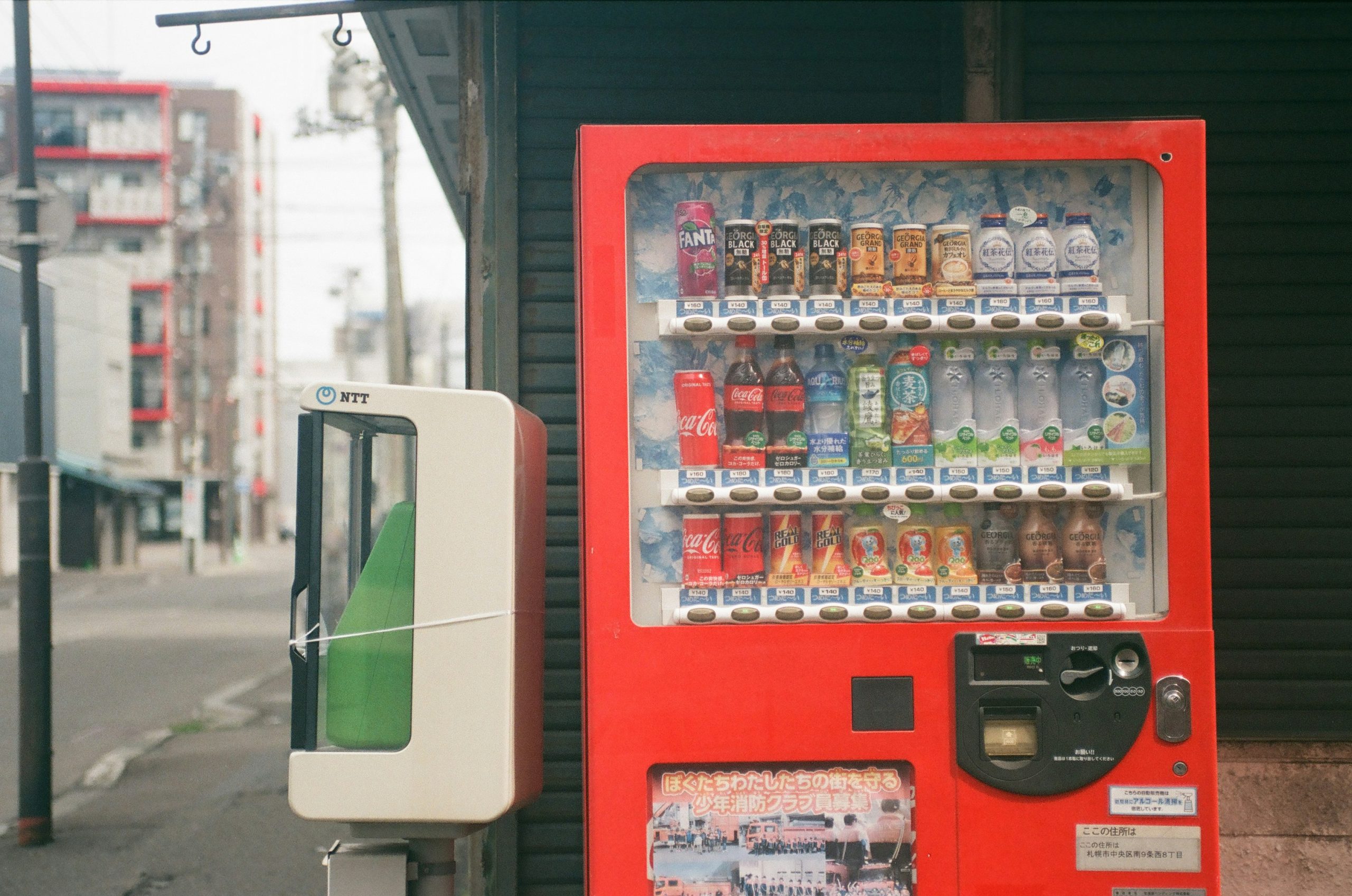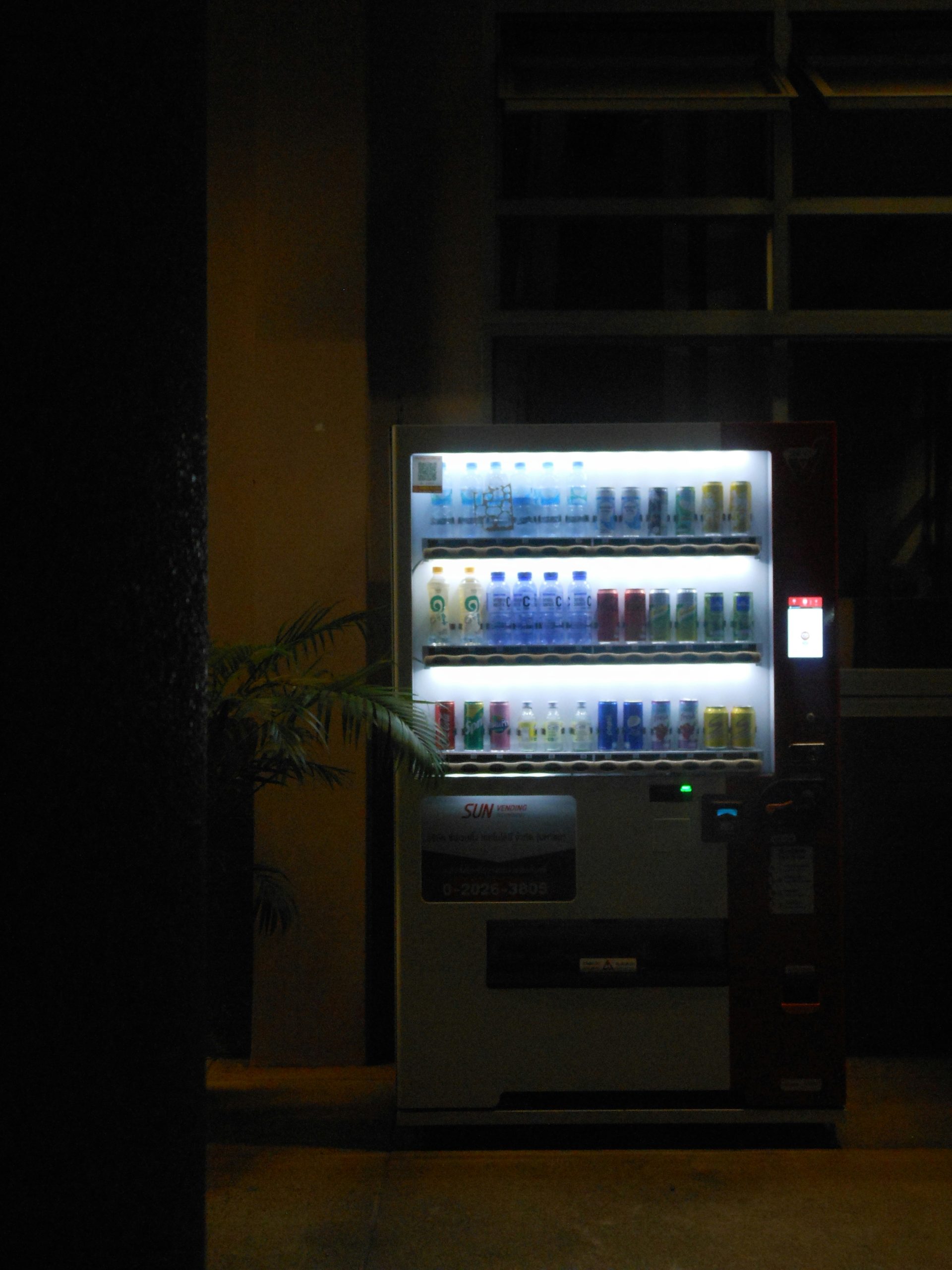
Singapore is renowned for its innovation, and vending machines are no exception. Gone are the days of machines solely dispensing sodas and candy bars; they now offer everything from gourmet coffee to tech gadgets. But with the rising demand for convenience, a question arises—is this trend environmentally sustainable?
This blog unpacks the environmental impact of vending machines in Singapore and explores whether their growing popularity aligns with the nation’s sustainability goals. You’ll also discover key steps vending machine businesses can take to improve their eco-friendliness.
The Rise of Vending Machines in Singapore
Vending machines have rapidly become a mainstay across Singapore. From MRT stations to office buildings, you’ll find them meeting a variety of consumer needs. The city-state’s bustling lifestyle and push for contactless solutions have propelled the demand for automated retail.
But with this growth comes challenges. Vending machines operate 24/7, consuming significant amounts of power and generating considerable amounts of packaging waste. Without intervention, these machines may clash with Singapore’s commitment to fighting climate change and reducing its carbon footprint.
Are Vending Machines Sustainable?
To answer whether vending machines can be environmentally friendly, we need to examine CO₂ emissions, energy usage, and waste produced through their operations. Below are the key areas of concern:
1. Energy Consumption
Most vending machines run continuously, which can lead to significant energy use. Older models, in particular, rely on inefficient lighting and refrigeration systems, resulting in high electricity bills and carbon emissions.
2. Packaging Waste
Many vending machine Singapore options offer single-use packaging, especially for snacks, beverages, and meals. This contributes to plastic and waste pollution, an issue Singapore is actively trying to mitigate.
3. Product Sourcing
Some vending machines stock products that aren’t locally sourced or sustainably produced. The carbon emissions tied to importing these products add to the environmental impact.
Making Vending Machines in Singapore Greener
To reduce their environmental footprint, vending machine operators and franchisees can adopt several strategies:
1. Energy-Efficient Machines
Investing in machines with energy-efficient features like LED lighting and standby power modes is crucial. Smart vending machines equipped with Internet of Things (IoT) technology not only reduce energy consumption but also streamline operations, allowing for optimized restocking trips.
Example: Energy Star-certified machines can consume up to 40% less energy than conventional models.
2. Sustainable Packaging
Switch to biodegradable, recyclable, or reusable packaging. Doing so aligns with Singapore’s sustainability goals while appealing to consumers who prefer eco-friendly choices.
Example: Some machines in Singapore now dispense drinks in reusable bottles with return stations nearby.
3. Stocking Eco-Friendly Products
Prioritize selling products that are locally sourced and sustainably produced. This reduces the carbon emissions associated with importing goods and supports local economies.
Example: Include snacks from Singapore-based sustainable brands or offer refillable coffee capsules.
4. Solar-Powered Equipment
Harnessing renewable energy sources like solar power can transform the way vending machines operate. Solar-powered vending machines drastically reduce electricity use, making them an exciting prospect for eco-conscious operators.
Singapore’s Role in Driving Sustainability
Singapore’s active pursuit of sustainable solutions is evident in initiatives like the Zero Waste Masterplan and the push for greater adoption of renewable energy sources. Vending machine operators can align their efforts with these national goals to ensure their machines contribute to a greener future.
Organizations such as the Singapore Green Building Council (SGBC) provide guidance and certifications to help businesses make sustainable improvements. Engaging with such initiatives can make your vending business stand out while minimizing its environmental impact.
Steps for Operating an Environment-Friendly Vending Machine Franchise
If you’re an entrepreneur or franchisee in Singapore, here are practical steps you can take to run a sustainable vending machine business:
Step 1: Choose Energy-Star Vending Machines
Opt for vending machines designed to minimize energy consumption. Look for certifications or energy ratings when purchasing machines.
Step 2: Partner with Eco-Friendly Suppliers
Work with suppliers who prioritize sustainability in manufacturing, packaging, and delivery.
Step 3: Adopt Cashless and Paperless Technology
Encourage cashless payments via apps or QR codes to reduce paper waste. Digital receipts are another excellent way to go green.
Step 4: Engage Consumers
Raise awareness about your eco-friendly initiatives using signage and social media. Explain how customers contribute to sustainability by choosing your vending machine.
The Future of Sustainable Vending in Singapore
Despite their challenges, vending machines in Singapore have the potential to become more environmentally friendly with the right innovations. By investing in green technology and aligning with consumer values, operators can make a meaningful difference while staying profitable.
If you’re considering venturing into the vending business or upgrading your current setup, focusing on sustainability is both a smart business decision and a vital step for the planet.
The Role of Technology in Sustainable Vending
Technology plays a crucial role in advancing sustainable vending practices. Modern vending machines equipped with energy-efficient components, such as LED lighting and smart compressors, significantly reduce electricity consumption. Additionally, cashless payment systems and IoT-enabled machines not only offer convenience but also allow operators to monitor inventory and maintenance remotely, minimizing unnecessary trips and wasted resources.
Innovative solutions like the integration of solar panels can further enhance sustainability by utilizing renewable energy sources. By pairing these advancements with eco-friendly packaging and encouraging the use of reusable containers, vending operators can align with environmentally conscious consumer trends while contributing to a greener future.
Furthermore, the adoption of advanced payment systems, such as mobile wallets and contactless payments, adds another layer of convenience for users. These technologies not only streamline the purchasing process but also reduce the reliance on cash, which can help minimize hygiene concerns. Additionally, incorporating data analytics into vending operations enables operators to better understand consumer preferences, optimize product offerings, and predict demand, leading to improved customer satisfaction and increased profitability. By staying at the forefront of technological and sustainable innovations, the vending industry can continue to evolve and meet the dynamic needs of modern consumers.
One notable trend shaping the future of vending is the integration of healthier product options. With rising awareness about health and wellness, consumers are increasingly seeking snacks and beverages that align with their dietary goals. Vending machines are now offering a wider variety of organic, low-sugar, gluten-free, and plant-based options to cater to this demand. This shift not only broadens the appeal of vending machines but also positions them as a convenient solution for health-conscious consumers. By combining healthier choices with modern technology, the vending industry is poised to thrive in a progressively wellness-oriented marketplace.
Related Blog


